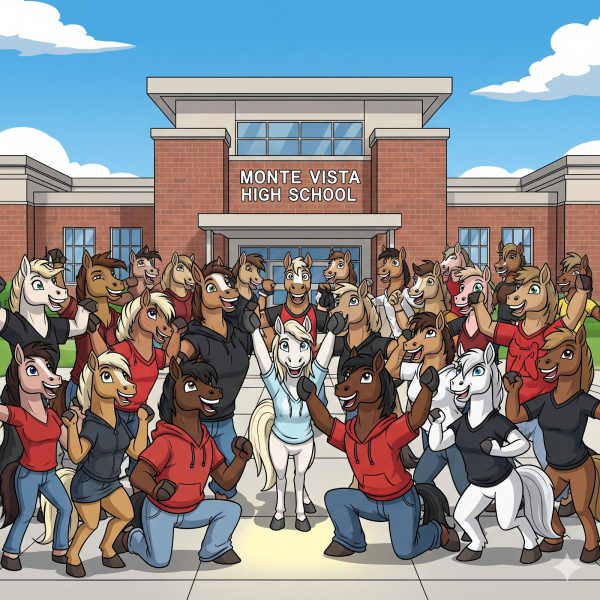The future of our online democracy
Citizens voice their opinions in an online republic. The internet has empowered many to speak, inform, and discuss. However, maintaining this new system requires us to be responsible and careful.
Netizens have manipulated, misinterpreted and misrepresented the truth for far too long. These practices contradict the principles of civil discourse, degrading the value of our developing online democracy.
As our lives increasingly take place on the Internet, we’ve resorted to social media to connect with communities at home and afar. Social media is a collection of platforms meant to allow users to freely share, discuss and learn. Nowadays, however, social media sites have descended into an unsettling, chaotic battleground between conflicting arguments. To gain attention, gratification, and support, users have appealed to the masses through clickbait and deception. Too many netizens have exploited the power of anonymity to justify a disregard for responsibility. It’s disheartening to say, but the Information Age may as well be called the Age of Misinformation.
“[I’m lied to an] overwhelming majority of the time,” junior Kevin Wang said. “A lot of social media posts about news rely on sensationalist headlines and clickbait to get views so it’s likely many headlines are exaggerated or falsified.”
A study published by students from the Massachusetts Institute of Technology supports this idea. They found that falsehoods reach users on social media as much as six times faster than the truth. Truths are often complex and nuanced, requiring time to contemplate and understand, and in the age of short attention spans, people would rather choose to believe in lies than to pursue the truth. Social media sites, users, and media organizations know this, and they use it to their advantage at the expense of the community they are meant to serve.
Wang believes that these people are after “clicks, views, and money. Or they genuinely believe what they’re sharing is true and are misinformed.”
Falsehoods perpetuated on social media may not always be ill-intentioned, but they can spread like wildfire. These falsehoods can destroy people’s jobs, career, friendships, and livelihood. And as we prepare for an election and battle COVID-19, information we read online is more impactful than ever. It is important that we make sure that this impact is positive.
“[Social media misinformation is] probably one of the biggest political issues that America faces because it fuels the fire on many other controversial topics,” Wang said.
Wang’s personal experiences are part of a bigger issue plaguing social media. Our fledgling “e-democracy” is incredibly empowering, but it’s apparent that most users are unaware and unknowing to the lies and deception that lie behind many of the retweets, comments, and posts that they read or perpetuate. As suggested by Wang, keeping an open mind, finding reputable sources, and fact checking information are all great ways to combat misinformation. In taking responsibility for the information you spread online, you can ensure the future of our online democracy.
Lawrence Feng is a senior and is excited for his second year in Journalism. This year, he is the News...






